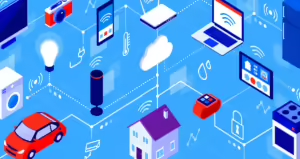Page Contents
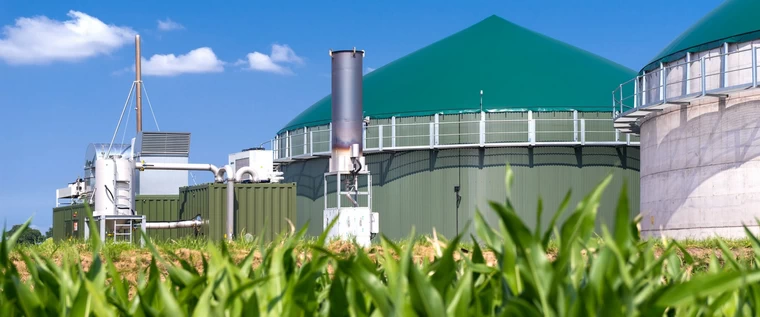
Biomass Energy – What Are The Key Conclusions
Over the years, biomass has come to be a famous alternative energy source. In fact, biomass has a variety of capacities to be a reliable supply of renewable power to power our society.
However, similar to any strong resource, it comes with each its advantages and downsides. We’re going to check some key execs and cons of biomass power, and what we can expect from biomass in destiny.
What are the pros and cons of biomass electricity?
When searching at renewable electricity sources, it’s essential to take a look at all of their blessings and drawbacks. The following table outlines some of the biggest execs and cons of biomass power:
What is biomass energy?
Biomass is natural to remember that comes from vegetation and animals. Organic waste consisting of wood, crop waste, animal waste, meal waste, yard waste, and wood waste can all be used as sources of biomass electricity.
Biomass may be used as a supply of power in ways:
- Burning organic substances directly to create warmness
- Converting biomass into a liquid biofuel that may then be burned for power
Liquid biofuels, like biodiesel and biogas, are usually used as a gasoline supply to help meet transportation needs.
When biomass is burned at once, it is used to create steam, which turns a turbine to create power. In this article, we’ll awareness totally on biomass power that creates power, now not biofuels.
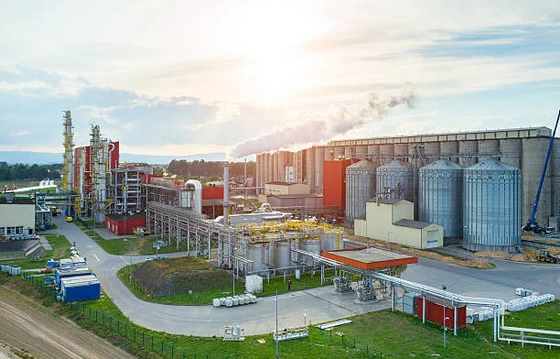
Advantages of biomass electricity
Waste reduction
One cause why biomass is so extensively to be had is the fact the planet produces plenty of waste. Much of the waste we make is biodegradable, like meals and plant waste. Instead of letting it end up garbage, we should as an alternative turn it into energy!
Biomass strength takes waste that would in any other case sit in a landfill and makes it beneficial. This reduces the quantity of waste that is going into landfills, which is higher for the environment.
Plus, with less waste, we’d need fewer and smaller landfills. This opens up greater land that may be utilized by communities.
Reliable
Biomass is a dependable useful resource that can produce energy at any time. This is a bonus over different renewable power assets, like wind and solar power, which might be intermittent.
When the wind isn’t blowing, no wind power is being created by using generators. In this manner, you can’t rely on wind to produce energy whenever you want it. Unless, of the route, the wind turbine is paired with a battery garage.
Bioenergy energy flora on the other hand, maybe grow to become on and stale at any time to satisfy the electricity call for. As long as there may be biomass cloth available, power can be produced.
Carbon-impartial
Carbon dioxide emissions are riding forces of weather trade. Biomass is considered a carbon-impartial energy supply as it fits into the herbal carbon cycle, which conventional fossil fuels do not.
There is carbon dioxide is released into the surroundings when biomass power is produced. But, that is the equal quantity of carbon dioxide that was absorbed by means of the vegetation at some point of their lifecycle. So, while biomass is burned it no longer launch any ‘new’ carbon emissions into the surroundings.
Then, while new flora grows, they absorb carbon dioxide returned out of the surroundings, and input the cycle again.
Renewable
Biomass energy is a renewable shape of energy. As we use biomass substances, the supply of organic matter is diminishing. However, biomass may be regenerated quickly.
The fact that the biomass supply can be regenerated inside a human life is what makes biomass renewable.
Abundant
One of the most important execs of biomass electricity is that biomass is ample. There is a growing amount of natural fabric being produced every day; you can find biomass almost anywhere on the planet. This means that biomass won’t have the problem of limited availability like fossil fuels do.
However, biomass does need to be responsibly controlled a good way to hold its considerable supply properly stocked. If we overuse the biomass this is available, we could run into availability troubles even as we wait to fill up the delivery.
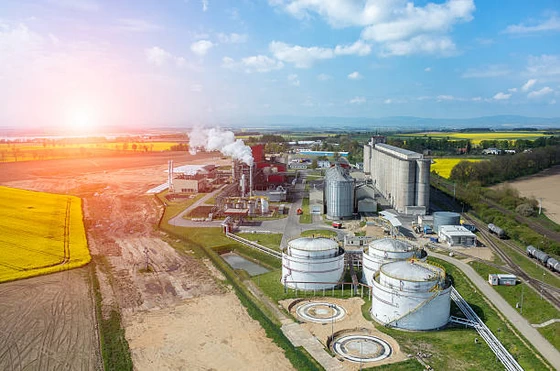
Disadvantages of biomass electricity
Expensive
The production of biomass strength can come with an excessive price tag. First, constructing biomass power plant life calls for a sizeable in advance investment. Then, the cost of harvesting and transporting biomass substances need to be considered.
Plus, the natural fabric needs to be saved when it gets to the plant, which requires even extra money. All of this makes biomass greater pricey than different renewable alternatives on the market.
Other renewable assets, like sun, don’t require these everyday transportation and storage costs. Once a sun farm is built, there is no want to transport gasoline or to store daylight everywhere.
Even though biomass is greater pricey than different renewables, it is nonetheless more inexpensive than fossil fuels. It fees tons much less to harvest biomass than it does to mine and extracts fossil fuels.
Requires space
Biomass power vegetation need pretty a bit of area, especially due to wanting storage area. This limits wherein biomass power plant life may be constructed.
Some biomass flora additionally grows their very own natural material. These flowers may additionally want big quantities of the area to be able to develop crops or small forests. Biomass energy flowers that develop their very own gas use a more land consistent with kilowatt hours of energy produced.
Greenhouse gasoline emissions
As we said, biomass power is carbon-neutral. However, biomass is still releasing carbon dioxide into the environment. Other renewable sources are carbon-zero, that is a good deal better while trying to address climate change. The less carbon dioxide being released – the higher.
Carbon isn’t the simplest thing being launched into the environment from biomass power. Burning timber and different biomass fuels release many other greenhouse gases, maximum considerable nitrogen oxides, carbon monoxide, and methane.
Methane gasoline is a massive contributor to air pollutants and climate exchange, as it traps approximately 30 instances greater heat than carbon dioxide.
Environmental impact
Although biomass strength is renewable, it isn’t the maximum environmentally pleasant renewable option available.
Relying on biomass electricity may want to result in devastating deforestation. As biomass plants require extra materials, forests ought to get cut down at faster rates. It can also encourage monocultures of plants, which decreases biodiversity and strips soils of vitamins, making areas extra prone to erosion.
Some biomass plant life depends on algae, which tend to require large quantities of phosphorus fertilizers to produce the quantities wanted for power manufacturing. Overusing fertilizers can reason extreme harm to local waterways and to flora and fauna, maximum appreciable birds.
Even using vegetation for biomass electricity could boom the number of fertilizers and pesticides being used and negatively impact the surrounding atmosphere.
Inefficient
Right now, biomass energy isn’t as green as different electricity assets. In many instances, it takes more electricity to burn the organic material than the system virtually produces.
New technology will need to emerge to make biomass more efficient if we want to use it on a large scale.
The destiny of biomass electricity
There is not any doubt that biomass strength is one of the few options for replacing fossil fuels.
If new technology are developed to make the manner greater efficient, the use of biomass power has the critical ability. For now, it comes with a massive set of drawbacks that make it difficult for it to be extensively applied.
If you’re looking for a manner to apply the strength of renewable and easy energy, you should keep in mind making the switch to solar. Not handiest do solar panels decrease your carbon footprint, but they could do away with your electric bill!
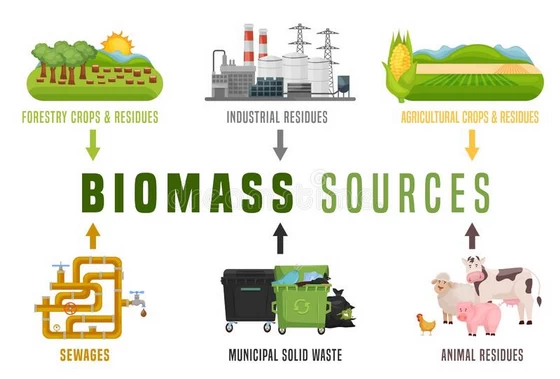
Verdict
- Biomass or natural dependents can be used as an energy technology source by burning natural substances to create heat, so as to then make steam that turns a turbine to generate energy.
- The fundamental advantages of biomass electricity are that it’s far renewable, reliable, considerable, and carbon-impartial. Plus, it facilitates reduced waste.
- The major dangers of biomass energy are that it’s far costly, calls for a number of space, it nevertheless releases greenhouse gases, it could have a negative impact on the encompassing surroundings, and it’s far inefficient in terms of how a whole lot power it takes to create electricity.
- Right now, biomass isn’t the first-class renewable energy choice obtainable, however, if technologies improve, biomass ought to end up a chief player in transferring away from fossil fuels.
Related Solar News
- Integrating Renewable Energy with IoT ( 2024)
- Guide to Solar Panels in North Carolina (2024)
- The Role of Battery Storage in Maximizing Solar Power Potential ( 2024)
- Hydrogen Fuel Cells vs. Solar Panels (2024)

